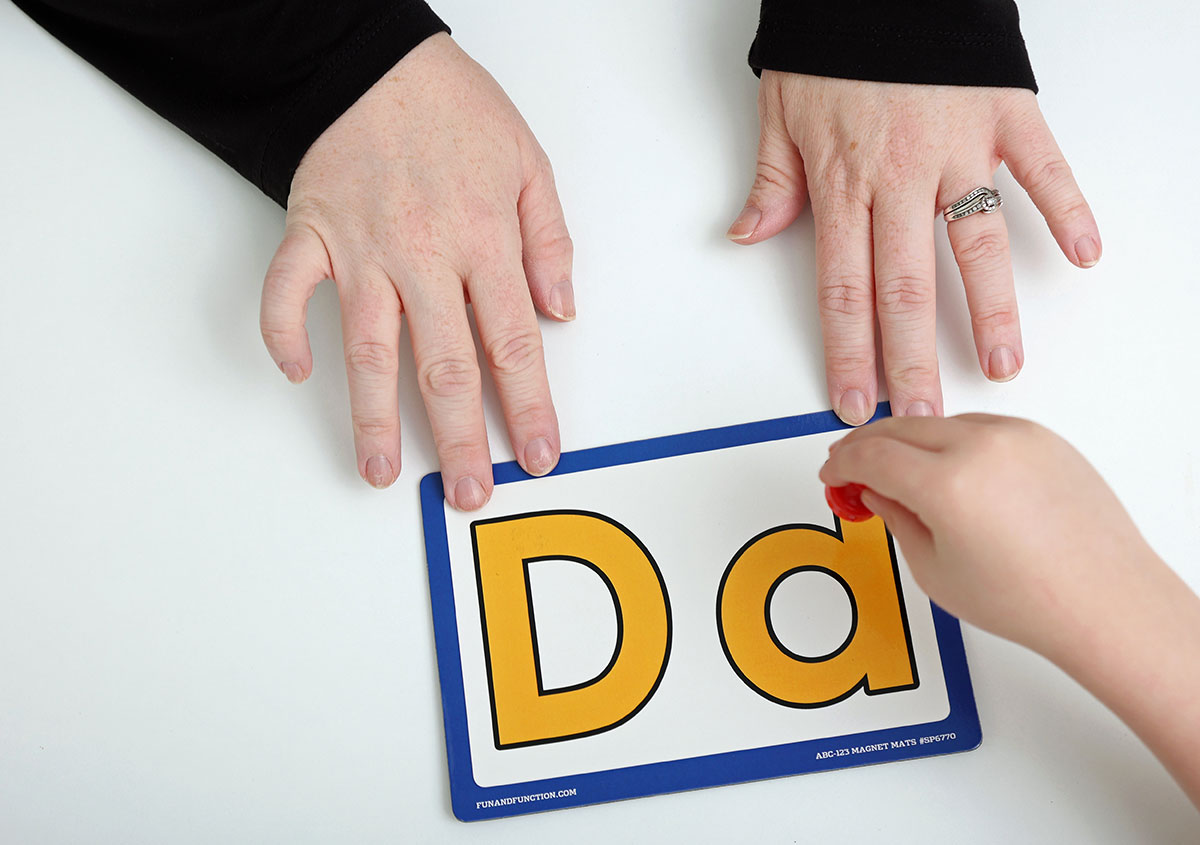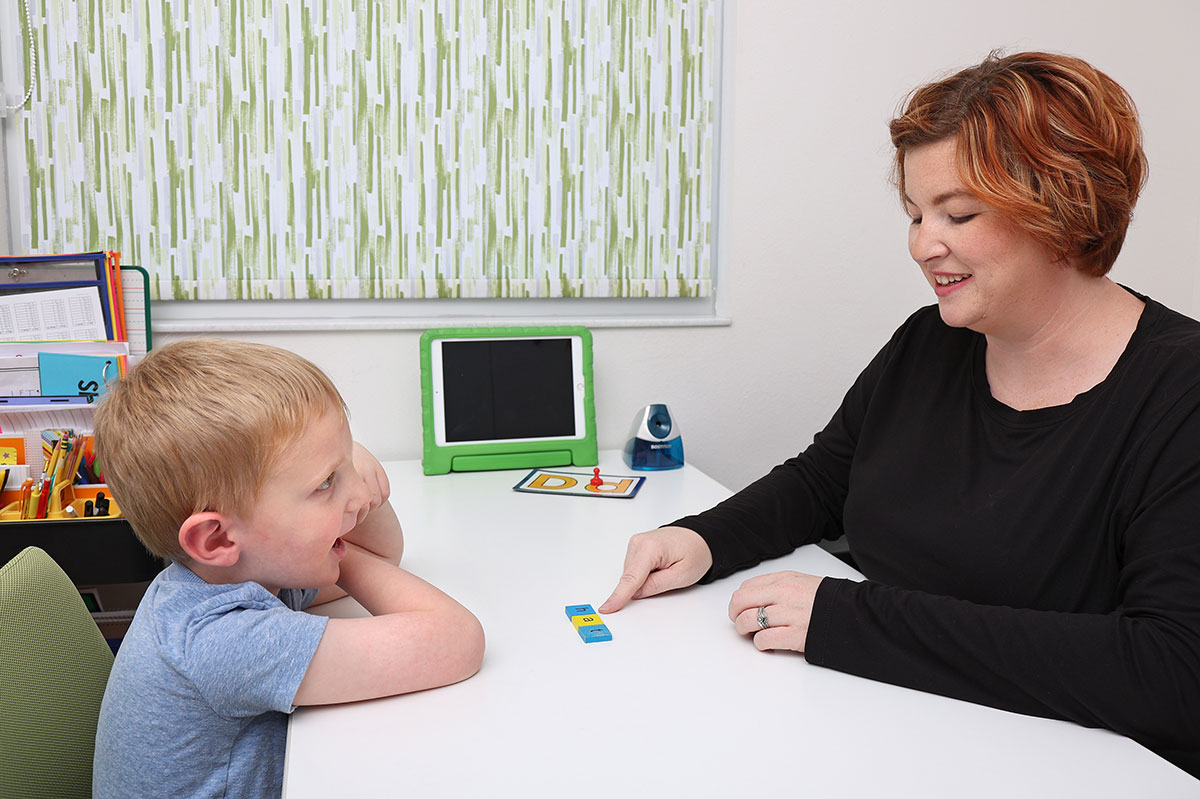What is Dyslexia?
“Dyslexia is a specific learning disability that is neurobiological in origin. It is characterized by difficulties with accurate and/or fluent word recognition and by poor spelling and decoding abilities. These difficulties typically result from a deficit in the phonological component of language that is often unexpected in relation to other cognitive abilities and the provision of effective classroom instruction. Secondary consequences may include problems in reading comprehension and reduced reading experience that can impede the growth of vocabulary and background knowledge.”
Adopted by the IDA Board of Directors, Nov. 12, 2002
Dyslexia Assessments
Available Now!
What is the evaluation comprised of?
Dyslexia evaluations will formally identify dyslexia based on a battery of standardized assessments. A speech and occupational therapy screening is included. Evaluations take approximately four hours. Formal report and recommendations are included.
Evaluations can determine a dyslexia diagnosis. Dyslexia evaluations are not covered by insurance.
About our programs
Our tutors are trained in The Orton-Gillingham Approach, Barton Reading & Spelling System, and Seeing Stars by Lindamood-Bell. Programming is child specific, your tutor will determine which program addresses your child’s specific needs.
Visit our Literacy Services page to learn more.
What are the signs?
The following are the most common signs of Dyslexia:
Delayed speech in preschool
Late establishing a dominant hand - preschool
Trouble memorizing their address, phone number, or the alphabet - preschool
Has a close relative with dyslexia
Can't remember sight words (they, were, does) - elementary school
Slow, choppy, inaccurate reading - elementary school
Dysgraphia (slow, non-automatic handwriting that is difficult to read) - elementary school
Letter or number reversals continuing past the end of first grade - elementary school
Limited vocabulary - high school
Extremely poor written expression - high school
Poor grades in many classes - high school
All of the above plus being a slow reader, reading a page 2 to 3 times to understand, or terrible speller - adults
*Information taken from www.brightsolutions.us and dyslexiaida.org

